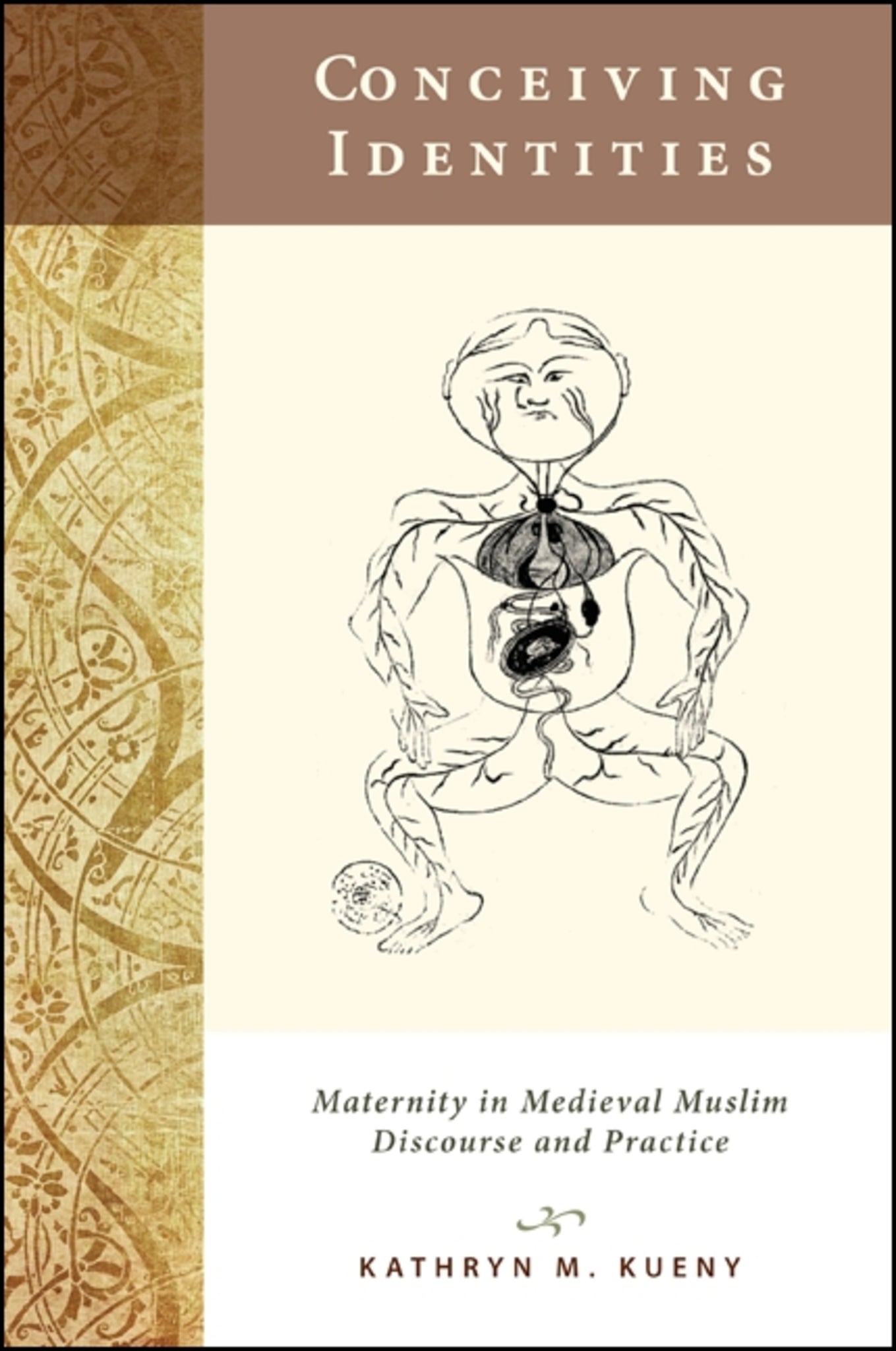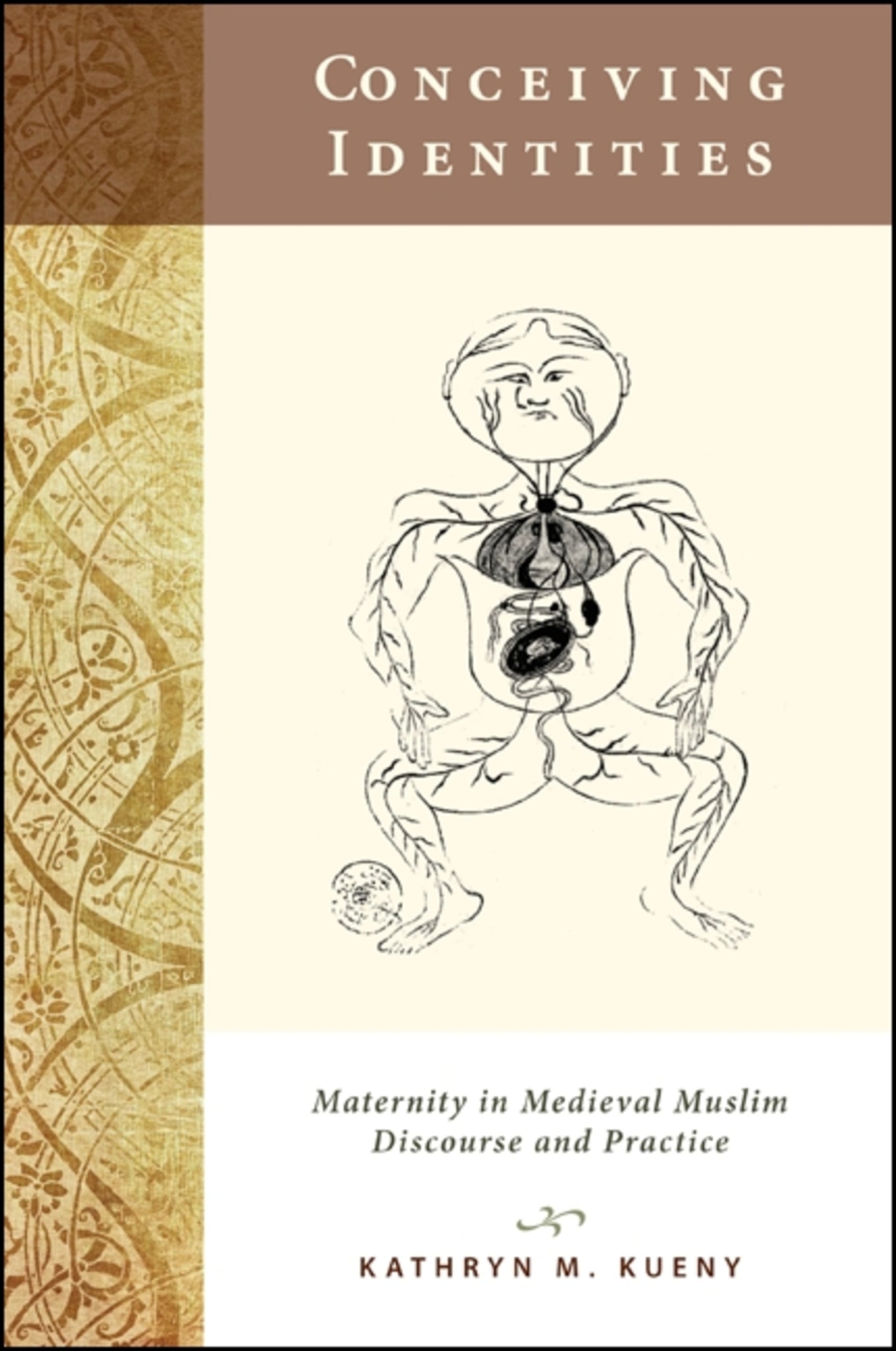We're sorry. An error has occurred
Please cancel or retry.
Conceiving Identities

Some error occured while loading the Quick View. Please close the Quick View and try reloading the page.
Couldn't load pickup availability
- Format:
-
01 November 2013

Explores how medieval Muslim theologians constructed a female gender identity based on an ideal of maternity and how women contested it.
Finalist for the 2014 Book Award for Excellence in the Study of Religion, textual studies category presented by the American Academy of Religion
Conceiving Identities explores how medieval Muslim theologians appropriate a woman's reproductive power to construct a female gender identity in which maternity is a central component. Through a close analysis of seventh- through fourteenth-century exegetical works, medical treatises, legal pronouncements, historiographies, zoologies, and other literary materials, this study considers how medieval Muslim scholars map the female reproductive body according to broader, cosmological schemes to generate a woman's role as "mother." By close consideration of folk medicine and magic, this book also reveals how medieval women contest the traditional maternal identities imagined for them and thereby reinvent themselves as mothers and Muslims. This innovative examination of the discourse and practices surrounding maternity forges new ground as it takes up the historical and epistemic construction of medieval Muslim women's identities.


Acknowledgments
Introduction: Generating Normative Discourse
1. On Wombs, Women, and the Hand of God: The Bearing of Life in the Qur’ān
2. Mapping the Maternal Body: The Mechanics of Reproduction
3. Paradigms of the Good Mother
4. Postpartum: Making the Good Mother through Public Rituals and Embodied Practices
5. Mother as Monster
6. The Cure of Perfection
7. The Making of Medieval Muslim Mothers
Notes
Bibliography
Index



